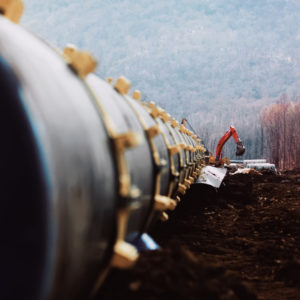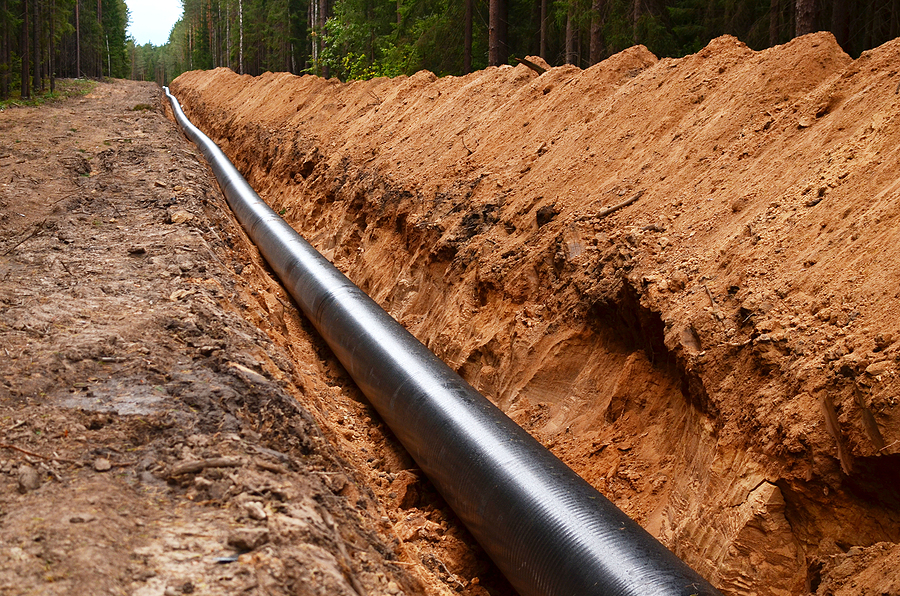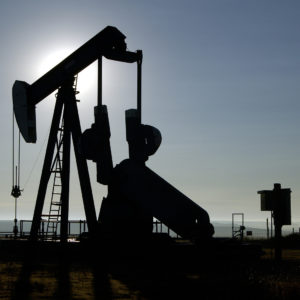YAW: Philadelphia: Don’t Miss the Big Picture on LNG

Late last year, the Pennsylvania Senate Environmental Resources and Energy Committee held a hearing in Philadelphia about the city’s critical role in boosting liquified natural gas exports – and the positive geopolitical and climate impacts that come along with it.
Nobody knew, however, because no reporters in the region bothered to show up. Aside from a few costumed protestors who would clearly favor Russian domination over the global energy market and the continued pollution and warmongering their LNG offers, no one came to hear what labor unions, gas companies and European business and climate experts had to say.
This is strange considering the overwhelming support for aiding Ukraine and stopping Russia’s totalitarian advances. It’s even more unusual considering the overwhelming scientific evidence illustrating a direct correlation between LNG and lowered greenhouse gas emissions worldwide over the next decade.
But that’s okay. I’ll tell you what they had to say. EQT, the nation’s largest producer of natural gas, told the committee they are just 26 months away from net zero status. This is critical since the energy crisis – looming over us for years, but exacerbated by inflation, the invasion of Ukraine and the sabotage of the Nord Stream pipeline – will reverse, at an unprecedented level, two decades of emissions decline.
You see, the United States doesn’t exist in a vacuum and so, every investment in wind and solar energy we’ve made since 2007 proves insufficient to offset even one year of fossil fuel emissions from the rest of the world. Boosting American LNG exports – of which a Philadelphia port makes entirely possible – has the potential to reduce these harmful emissions at a rate equivalent to electrifying every car in the country, installing solar on every home and doubling our wind capacity, combined.
We’ve seen it firsthand stateside. From 2005 to 2019, 61 percent of our emissions reduction came from our cleaner, more efficient production of natural gas. Our gas transition reduced more pollution than the other top five countries combined. It’s simple to extrapolate from there.
Pennsylvania produces roughly 22 percent of all domestic natural gas production and could replace nearly three-quarters of Russian gas currently imported into Europe. China, as it makes its own gas transition in the coming decade, would likewise turn to us for LNG, further immobilizing Russia’s war machine and any further turmoil President Vladimir Putin may cause.
That’s what central and eastern Europe need most, Ivo Konstanitov told us. He’s the U.S. Office Director for the American Chamber of Commerce in Bulgaria and knows firsthand the devastation of weaponized LNG. He advocated for America – particularly Pennsylvania and nearby states – to extend necessary infrastructure to share its plentiful natural gas supply with Europe.
This aid alone, he said, would better protect Ukraine and other vulnerable countries from tyrannical governments. Fortunately, last year, the Biden administration said it will send an additional 15 billion cubic tons of LNG to Europe to see it through at least the end of 2022, staving off the worst impacts of Russia turning off the proverbial tap. Unfortunately, it’s clear Russia’s invasion of Ukraine is continuing.
So is record inflation and, as Konstanitov told us, demand for energy – both domestically and globally. That’s where Pennsylvania – rich in natural gas, pipelines and the necessary workforce – comes into the picture.
President Biden is going to need help if the United States is to continue propping up the European energy market. An LNG terminal in Philadelphia would connect Pennsylvania LNG to the world, fully unleashing the potential beneath our feet and restoring energy independence to this country.
Last session, state Rep. Martina White (R-Philadelphia) authored legislation, House Bill 2458 (Act 133 of 2022), that would create a task force to study making the Port of Philadelphia an export terminal for LNG. The task force, which includes members of the General Assembly, natural gas industry, Philadelphia building trades and other leaders in the region, is expected to produce a report by November 2023.
Jim Snell, business manager for the Steamfitters Local 420, serves on the newly created task force. He told us recent international affairs have silenced some LNG opponents, many of whom once allowed their ideology to blind them to the reality that a rush to renewables creates: higher prices and weakened domestic and international security.
And although building infrastructure to meet this demand won’t be easy, Snell said, the several hundred members of Steamfitters Local 420 have the expertise and skills necessary to do the job. They already service Pennsylvania’s existing pipeline distribution system and the organization, itself, boasts nearly 120 years of experience constructing, installing and maintaining mechanical systems.
The union believes so much in the power of LNG that it offered to host our Senate hearing last year. Snell said himself there could be no more appropriate venue than it’s Philadelphia headquarters. It’s not just the steamfitters that have jobs tied to LNG expansion.
EQT estimates building out our infrastructure would create an additional 200,000 high-paying jobs across Appalachia, generating both global decarbonization and an economic boom bolstered by tens of billions in royalty payments to landowners. All of that could be achieved without costing taxpayers a single dime. So now you know what’s at stake and how solutions exist that don’t require more government spending and regulation.
Now you know that carbon neutrality and the renewable revolution can’t be reached without an LNG transition. And maybe, just maybe, the institutions responsible for sharing the bigger picture won’t get sidetracked by the narrow lens through which they view progress.
Please follow DVJournal on social media: Twitter@DVJournal or Facebook.com/DelawareValleyJournal








